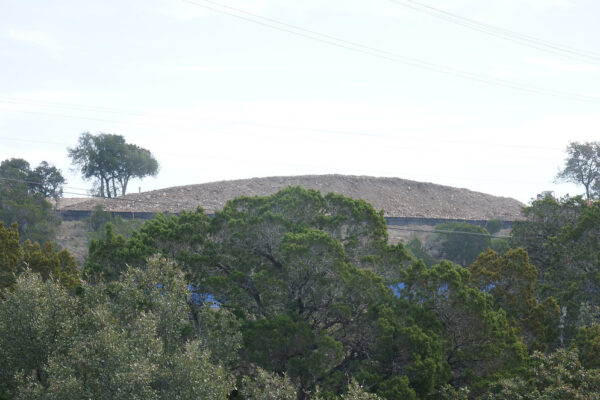
Introduction
The role of hunters in wildlife conservation has become an increasingly relevant topic in today’s ecological discussions. As various species face the threat of extinction and ecosystems get disrupted, understanding how regulated hunting practices can contribute to conservation initiatives is vital. Hunters often find themselves at the centre of a polarising debate, but their involvement is crucial for the maintenance of balance within natural habitats.
Hunting and Conservation
According to the UK’s National Gamekeepers’ Organisation, responsible hunting not only helps manage wildlife populations but also generates vital funding for conservation efforts. For instance, the fees paid for hunting licenses and permits often go directly towards wildlife protection and habitat restoration projects. In the UK, organisations such as the RSPB (Royal Society for the Protection of Birds) have reported that funds raised through hunting and shooting sports can support initiatives that protect endangered wildlife and enhance biodiversity.
In many cases, hunting can serve as a tool for population control. In certain regions, overpopulation of specific species can lead to habitat degradation and cause imbalances in the ecosystem. For example, deer populations in the UK have surged in some areas, leading to increased road accidents, crop damage, and negative impacts on forest regeneration. Effective and sustainable hunting practices can, therefore, play a crucial role in managing these populations.
Challenges and Controversies
However, the practice of hunting is fraught with challenges and controversies. Many animal rights activists argue that hunting is inherently cruel and that wildlife should be preserved without human interference. This ethical stance raises questions about the morality of hunting, even for conservation purposes. Nonetheless, wildlife biologists and conservationists often suggest that when regulated appropriately, hunting can help maintain healthy populations and safeguard habitats.
Moreover, the rise of illegal poaching remains a pressing issue that undermines legitimate hunting efforts. Poaching not only threatens specific animal species but also destabilises the economies of regions that depend on regulated hunting for tourism revenue. Therefore, the enforcement of laws and the promotion of sustainable hunting practices are essential to combat illegal activities.
Conclusion
The significance of hunters in wildlife conservation cannot be overstated; they possess the potential to play a pivotal role in preserving biodiversity and maintaining the balance of ecosystems. As conversations around hunting evolve, the focus must shift towards finding a sustainable middle ground that respects both wildlife and the rights of hunters. Through education, community engagement, and ethical hunting practices, there is hope for a future where both conservation and hunting can coexist harmoniously, benefiting ecosystems and local economies alike.
You may also like

The Vital Importance of Ground in Various Sectors

Understanding the Significance of Energy in Our Lives

Understanding Forest Green: Its Significance and Impact
SEARCH
LAST NEWS
- Remembering Wendy Richard: The Promise to Co-Star Natalie Cassidy
- How Did Anglian Water Achieve an ‘Essentials’ Rating for Mental Health Accessibility?
- Shai Hope Leads West Indies in T20 World Cup Clash Against South Africa
- What We Know About Weston McKennie: Future at Juventus and Past at Leeds
- What We Know About the Upcoming Live Nation Antitrust Trial